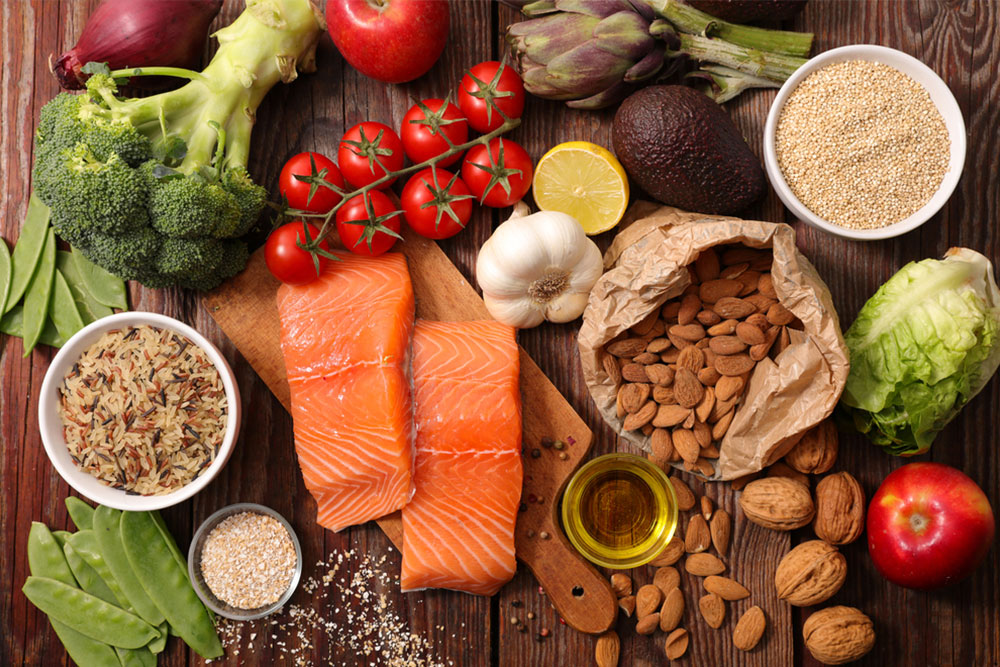Key Nutritional Strategies to Alleviate Arthritis Symptoms
This guide offers essential dietary tips for managing arthritis effectively. It emphasizes anti-inflammatory foods such as fatty fish, vegetables, and whole grains while advising limiting sugar, saturated fats, and processed foods. Incorporating these nutritional strategies can help reduce joint pain, boost immunity, and improve overall well-being. A balanced diet tailored for arthritis sufferers supports joint health, alleviates symptoms, and promotes a healthier lifestyle.

Smart Eating Practices for Arthritis Management
Omega-3 Rich Fish
Fishes like salmon, tuna, sardines, and mackerel contain omega-3 fatty acids that have anti-inflammatory effects. Eating 3 to 6 servings weekly can help decrease joint swelling. Choose smaller fish varieties to avoid high mercury levels.
Colorful Vegetables
Including a variety of vegetables such as broccoli, kale, spinach, carrots, peppers, garlic, and olives provides antioxidants and essential nutrients. Prepare them via steaming, stir-frying, or fresh salads to retain their vitality.
Fruits for Immunity
Bright fruits like cherries, strawberries, raspberries, grapes, watermelons, and avocados contain compounds that fight free radicals and strengthen your immune defenses. Aim for 5-6 servings daily.
Whole Grains for Joint Support
Substitute refined grains with options like brown rice, quinoa, buckwheat, and farro. Daily intake of 3-6 ounces helps reduce inflammation and supports joint health.
Green Tea Benefits
Enjoy two cups of green tea each day for its antioxidant properties that can help reduce arthritis pain and swelling. Decaffeinated variants are suitable for caffeine-sensitive individuals.
Nuts & Seeds for Inflammation Control
Nuts such as walnuts, almonds, pistachios, and seeds like chia and flaxseed are packed with omega-3s, magnesium, and vitamin E. Incorporate them as snacks or toppings, but watch for allergies.
Healthy Cooking Oils
Choose oils rich in healthy fats, including olive, avocado, grape seed, walnut, and canola oils. They support cardiovascular health and help reduce inflammation when used in cooking or dressings.
Some foods may aggravate arthritis symptoms and should be limited or avoided:
Sugar: Processed sugars can promote inflammation by increasing cytokine production. Reducing sugar intake benefits joint health.
Saturated Fats: Found in red meats, dairy, and baked goods, these fats can heighten inflammation and should be consumed sparingly.
Trans Fats & Omega-6s: Present in fried foods, processed snacks, and baked goods, they contribute to systemic inflammation. Avoid hydrogenated oils.
Refined Carbohydrates: White bread, pastries, and cereals made from white flour can spike blood sugar and promote inflammation.
Gluten & Casein: Those sensitive to gluten or dairy may experience increased symptoms and should consider avoiding these proteins.
Alcohol: Excessive intake can impair liver function and elevate inflammation levels; moderation is advisable.


